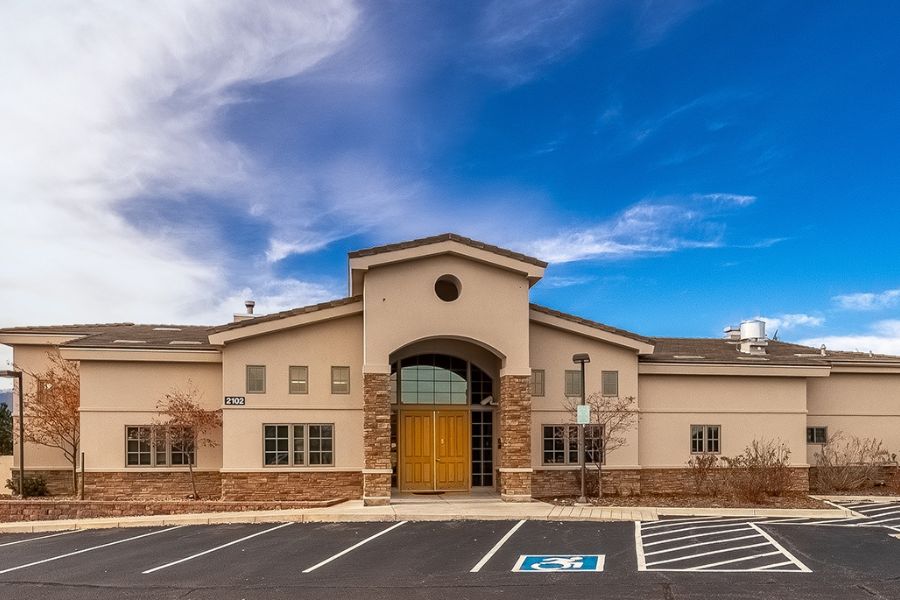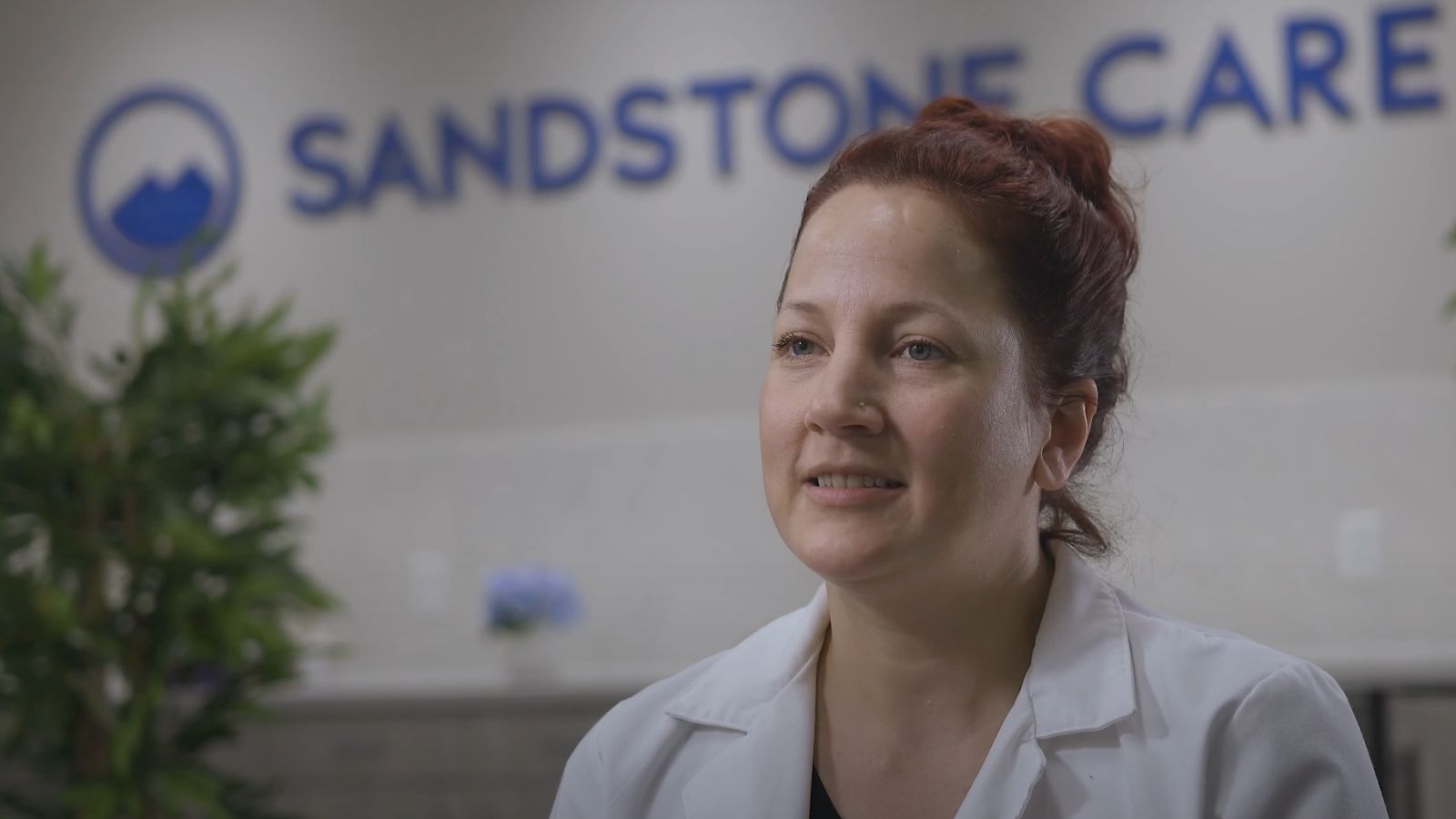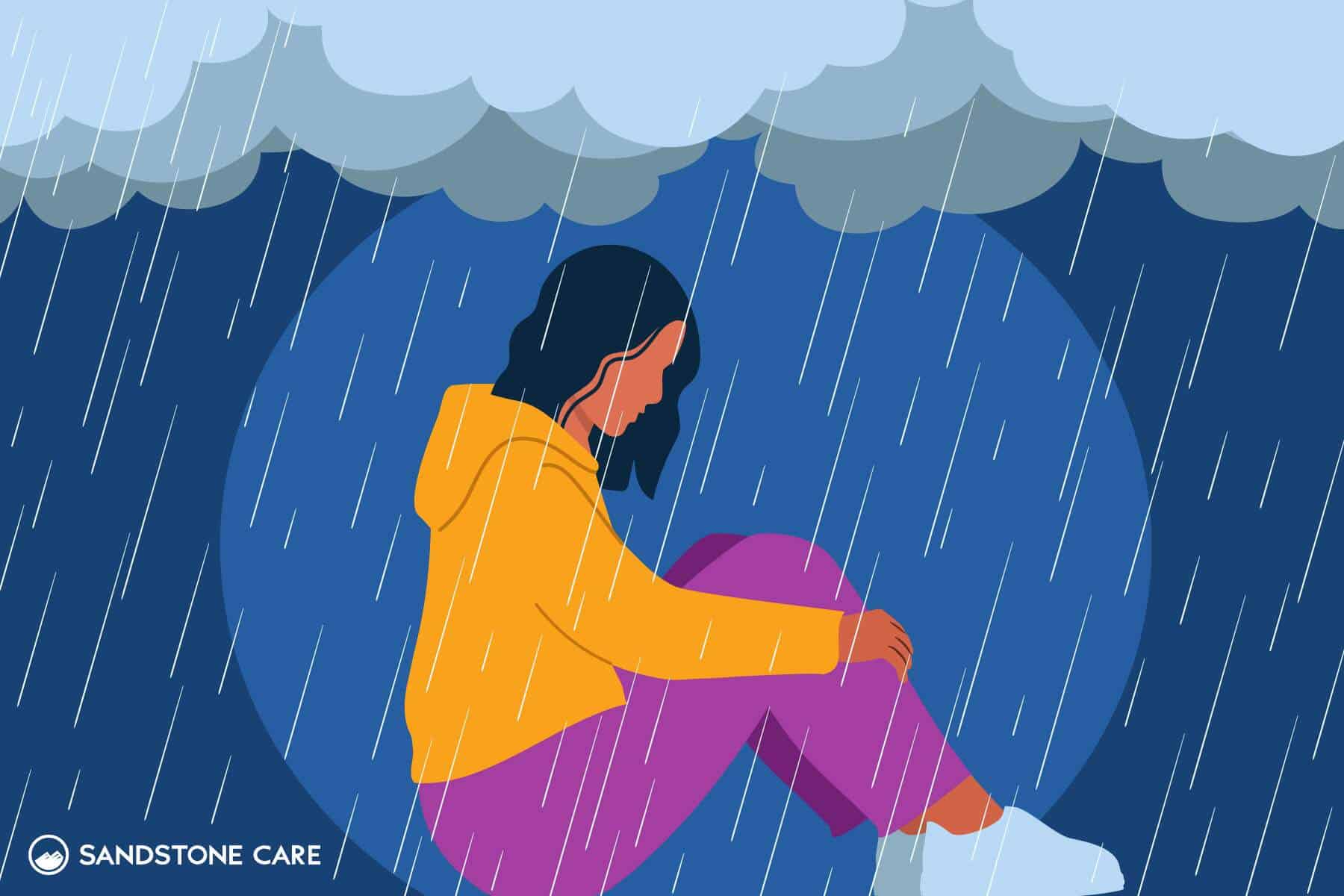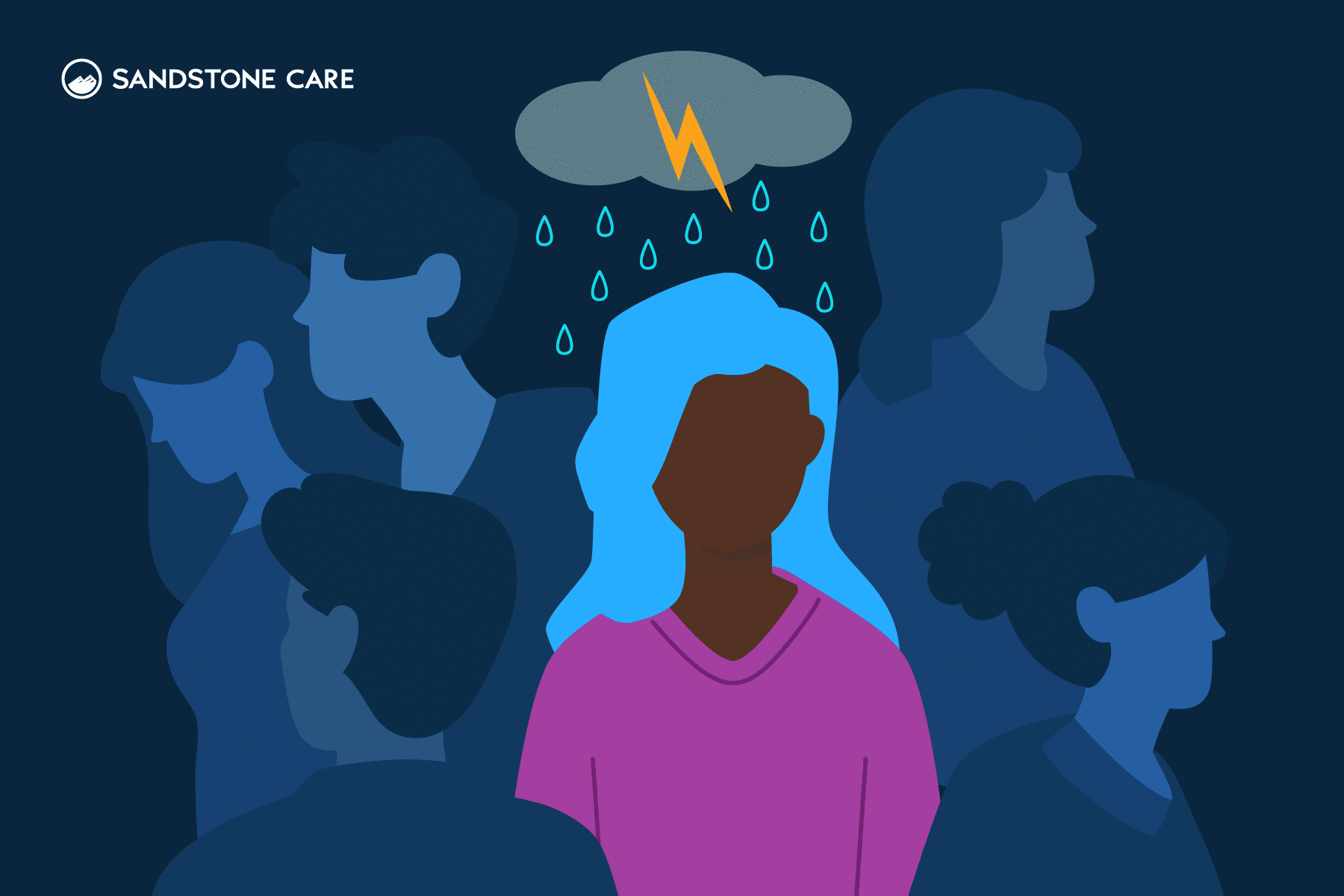Drug and Alcohol Detox
The process of changing any ingrained behavior is challenging, but addictive substances can make it even harder. For teens and young adults who are chemically dependent, detoxing should be the first step in their drug and alcohol addiction treatment plan.
While some substances are safe to detox from on your own, others require medical supervision. In either case, the discomfort of withdrawal is often a cause of relapse – ideally, detox and follow-up counseling to address issues lying at the core of drug use should be carried out by specialists.
Comprehensive Levels of Care
No matter where you are in your recovery journey, our levels of care are personalized to your unique needs.
How Medically Supervised Detox Works
Sometimes medically supervised detox involves taking prescription medications to help the body taper off of a substance or to reduce the severity of withdrawal symptoms. Other times, it primarily involves monitoring make sure no complications arise.
Detox can be carried out in inpatient or outpatient settings, depending on the severity and level of medical attention required. In acute inpatient settings, medical help is available 24/7.
Inpatient Detox
Below are some situations that typically require inpatient detox; your treatment center’s staff can help you determine which is right for you.
- When someone has overdosed
- When withdrawals could be highly uncomfortable, dangerous or fatal
- When someone is at high risk for psychiatric or behavioral complications such as psychosis, hallucinations or uncontrolled behavior
- If health complications preexist
Substances that most commonly require medically supervised detox
- Alcohol – Alcohol withdrawal can be life-threatening; alcohol detox is recommended in cases of severe dependence.
- Benzodiazepines (benzos) – such as Xanax or Valium. Sudden cessation of this class of drugs can be lethal. Withdrawal should be medically supervised in an outpatient setting at minimum.
- Opioids – While it’s not common, withdrawal from opioids can be dangerous, and is normally very painful.
- Cocaine and other stimulants – Intense cravings and severe mood imbalances can occur during early cocaine withdrawal. Withdrawal symptoms of other stimulants are generally similar.
Find the Right Facility for Your Needs
Explore our treatment center locations and find an option that works for you.
Outpatient Detox
In some situations, clinical staff may determine that outpatient detox – in which you remain at home but regularly visit a facility for treatment – is sufficient. This may be appropriate for people who:
- Have adequate and safe transportation to and from outpatient care
- Aren’t at significant risk for complications
- Can understand and follow directions for self-administering medication
Does Your Teen or Young Adult Need Detox?
The first step in determining whether it’s safe for your child to cut back or quit using substances without medical supervision is to get a professional assessment. It’s also important to note that detox is not a substitute for treatment – sustainable recovery is built on addressing root causes, learning skills for recovery and finding a support network.
Sandstone Care’s competent and caring team of clinicians can help you determine the best course of action for your family. We offer medical detox and teen residential treatment, supervised by licensed medical professionals. Call us today at (888) 850-1890 to learn how we can help.
Find Detox Centers Near You


Colorado Springs Detox Center
2102 University Park Blvd, Colorado Springs, Colorado, 80918
(888) 850-1890




